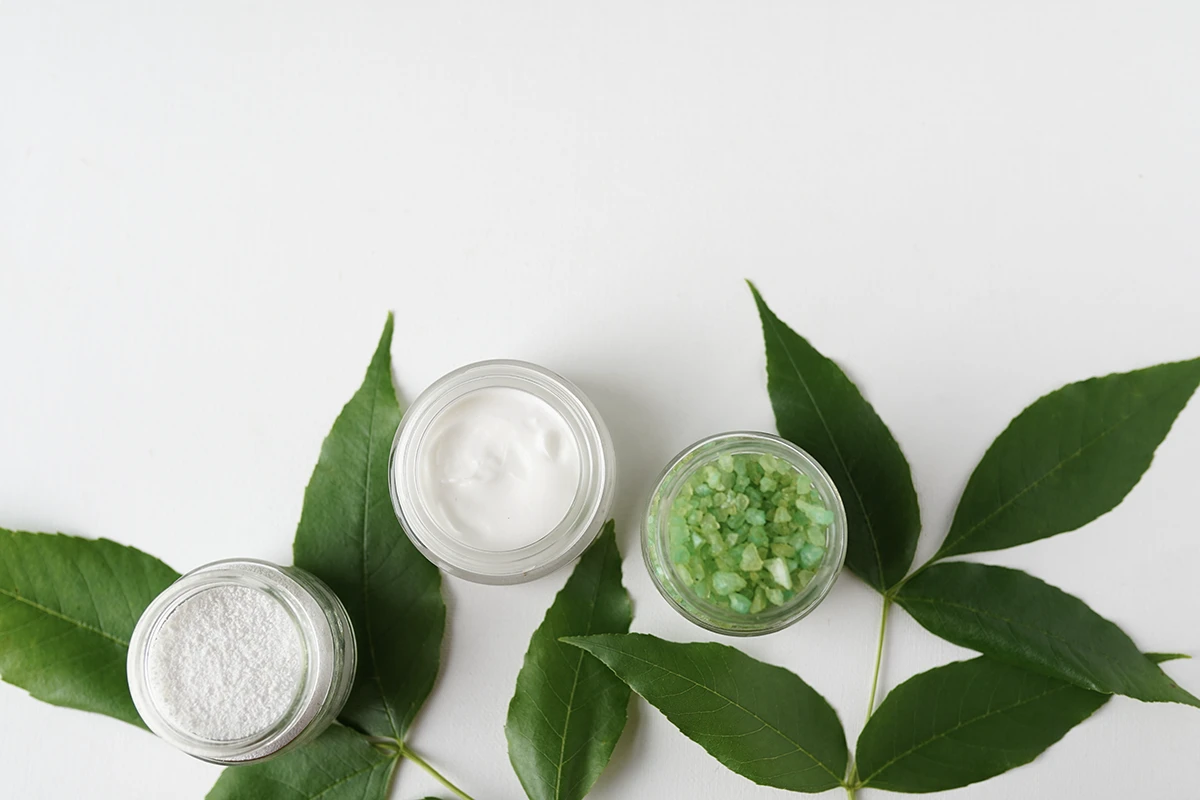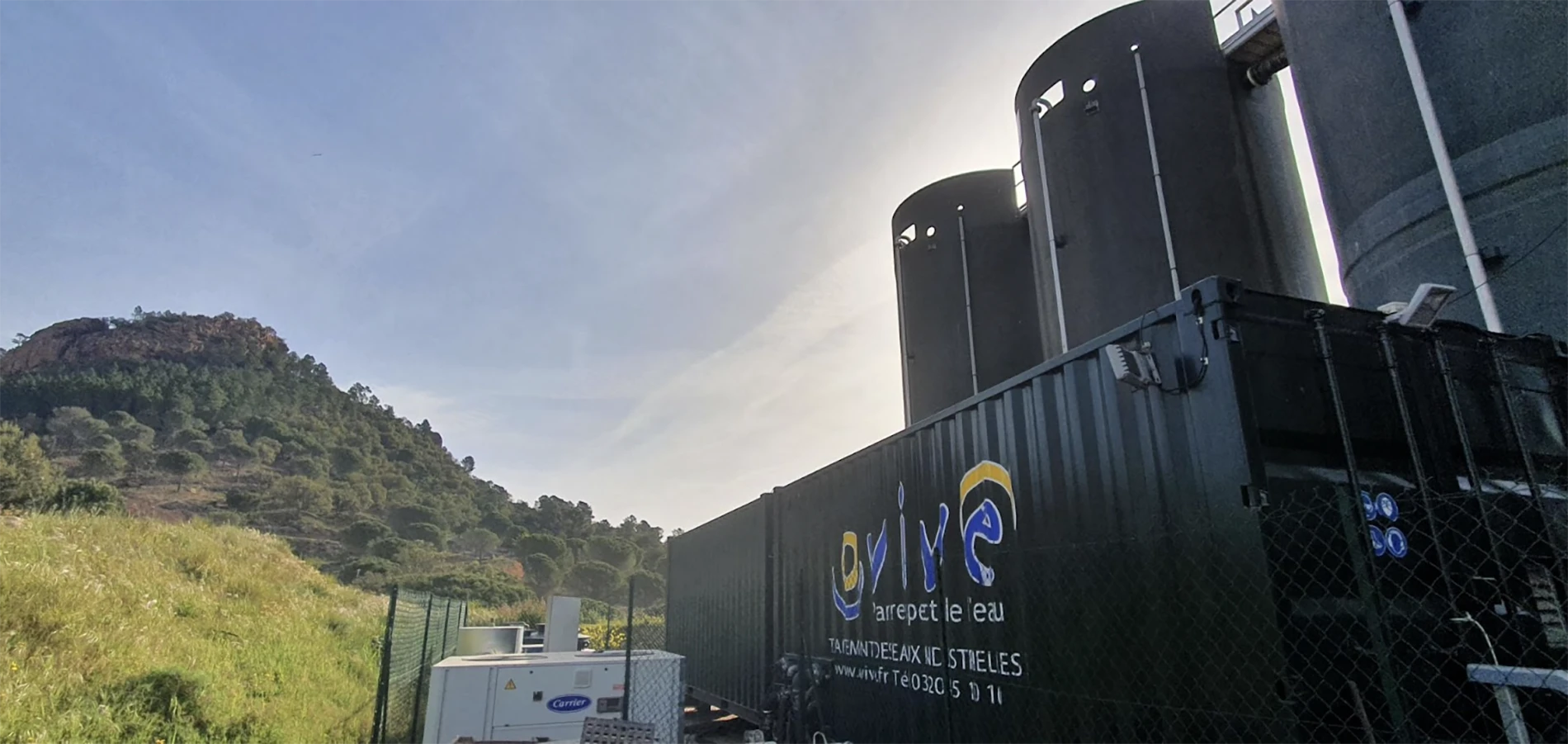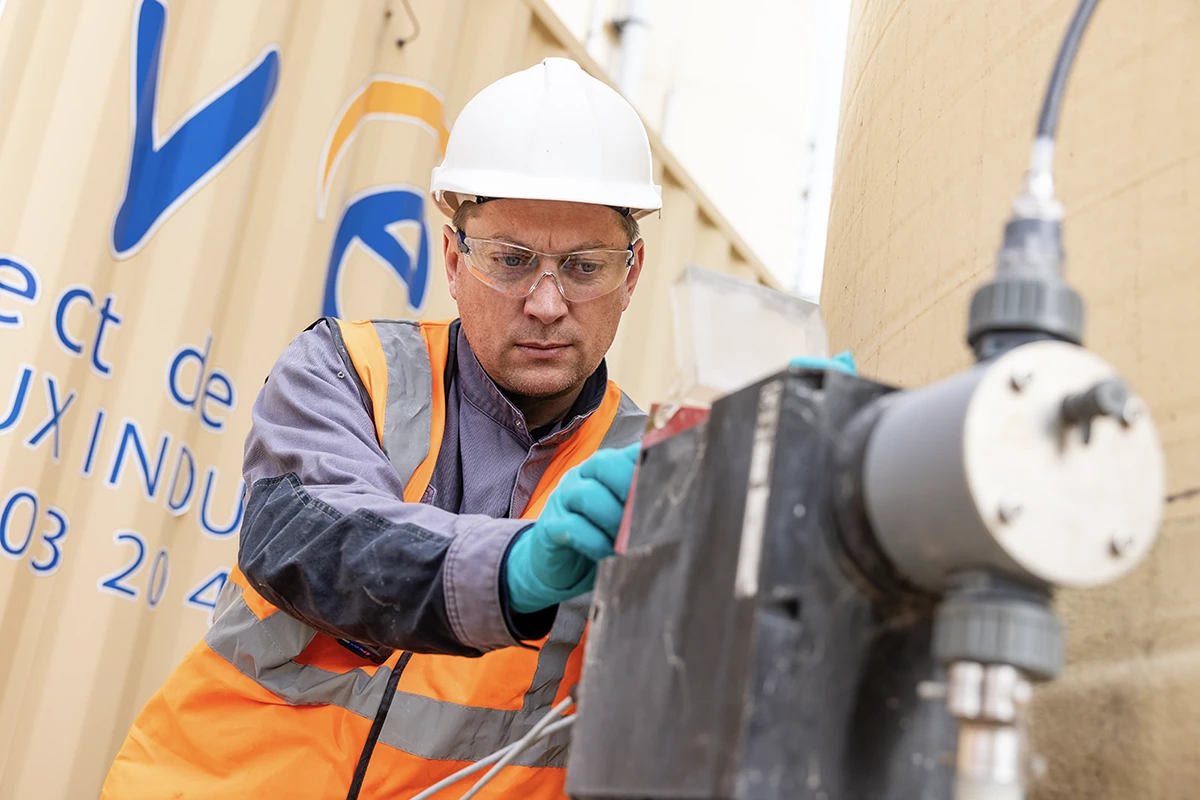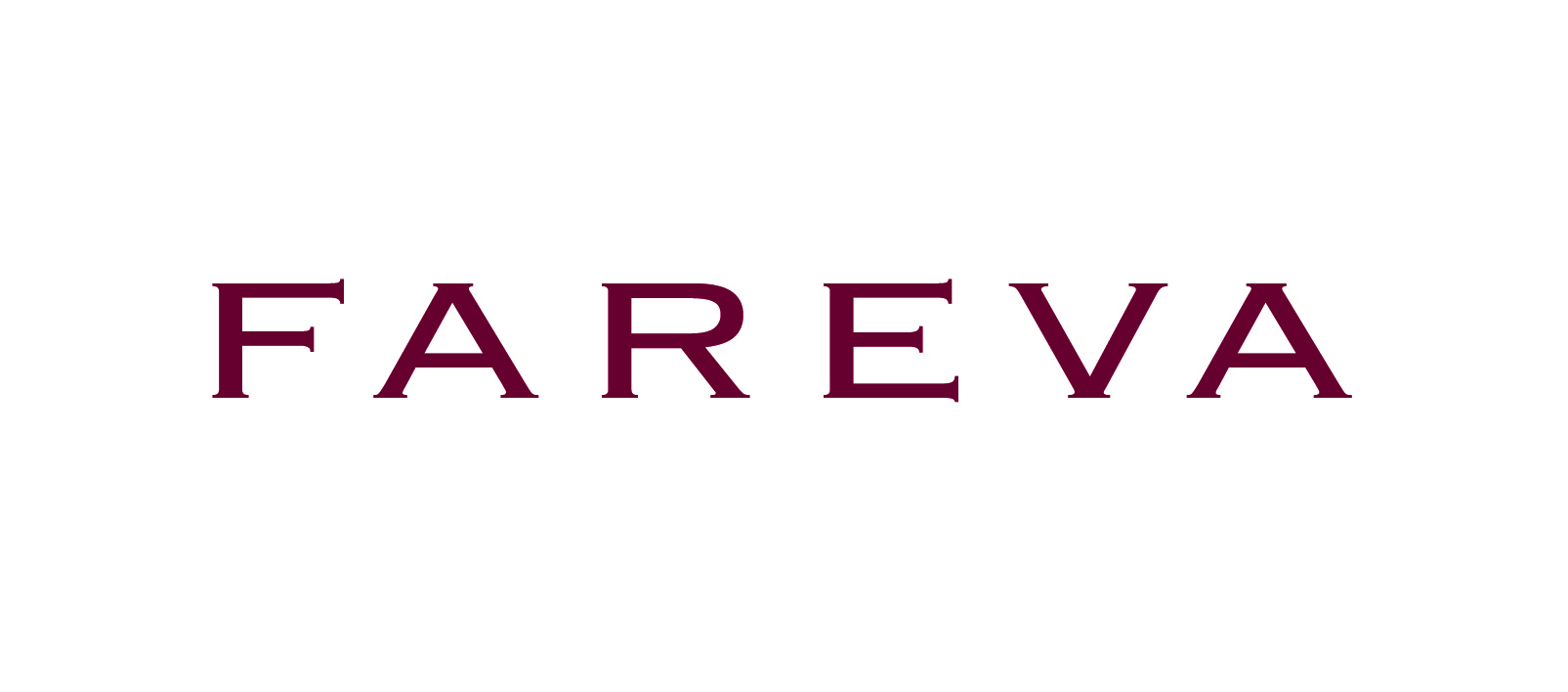Effluent treatment in the cosmetics industry: an environmental and regulatory priority
Integrated environmental management for a sustainable cosmetics industry
The modern cosmetics industry must integrate environmental management into all phases of the product life cycle. With over 250 references in industrial wastewater treatment, Ovive has been helping manufacturers manage their effluents since 1999. This approach ensures regulatory compliance while minimizing the environmental impact of production processes.
Quality and compliance: crucial issues in environmental protection and industrial performance
Quality and compliance are crucial to the cosmetics industry. It guarantees environmental protection and public health, while contributing to economic performance and corporate image. The cosmetics industry is subject to strict regulations on wastewater quality and compliance. These regulations aim to protect the environment and public health.
The importance of high-quality water in cosmetics production
Water safety and high water quality are essential to cosmetics production processes. Industrial water management in the cosmetics industry must be based on solutions that ensure environmental and health compliance, and are robust and reliable. Modern treatment technologies, such as reverse osmosis filtration systems and chemical purification processes, play an essential role in this process.
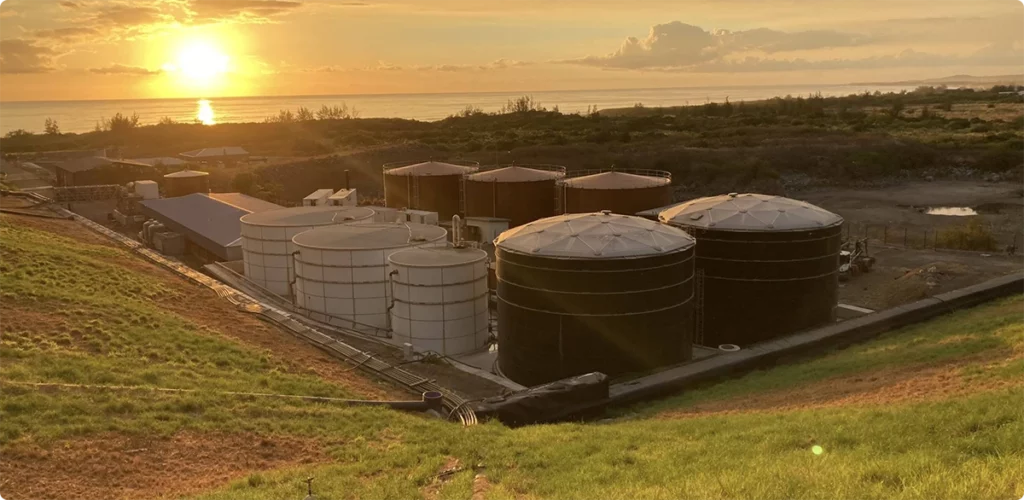
Discover all
our processes
Since 1999, Ovive has developed a wide range
of processes to meet the technical and operational needs of its industrial and leachate customers.
We meet the operational needs
of your business
Ovive offers a comprehensive solution to help you manage your effluents and preserve your water resources.We’re with you every step of the way, from design to day-to-day operation.
CUSTOMER CASES
The specificities of effluents generated by the cosmetics industry
Production sites are the first to be concerned, particularly when it comes to controlling their effluents and their impact on the environment. Whether they are multi-formulation sites, laboratories working on a “made-to-order” basis or dedicated packaging lines, the effluents generated are highly specific to each type of production:
- skin creams, emulsions, lotions and gels
- make-up and personal care powders
- bath and shower preparations such as salts, oils, foams and gels
- hair colorants, hair fixatives, lotions and hairsprays
- hygiene products such as soaps, deodorants and antiperspirants
- fragrances and eaux de toilette
Specific characteristics of cosmetic effluents
The effluents generated have specific characteristics: white water and oxides, micropollutants, refractory components, surfactants, oils and greases. Industrial water management in the cosmetics industry requires a solution that is specific to the production site, resilient and operational. These solutions must include sludge treatment systems and advanced chemical processes to guarantee effective pollutant removal.
Preserving water resources and reducing consumption
The cosmetics industry is increasingly committed to sustainable development. Wastewater treatment helps protect natural environments from pollutants. In an effort to be more economical, manufacturers are striving to reduce their water consumption. Wastewater reuse, or REUT, enables water to be reused for other applications, such as irrigation, boiler or cooling water, dilution or cleaning, thus reducing water withdrawals.
Water reuse for greater resilience
Water reuse and the reduction of water withdrawals can generate significant savings for companies in the cosmetics sector and increase their resilience in the face of drought episodes. The management of industrial water in the cosmetics industry includes a sober approach to resources and costs, and enables greater production resilience. Treatment systems such as reverse osmosis and chemical and biological purification processes are at the heart of this strategy.
Advanced technologies for cosmetics effluent treatment
To meet stringent quality and compliance requirements, the cosmetics industry uses advanced treatment technologies. Among these technologies, reverse osmosis and membrane filtration processes are commonly used to purify wastewater. Treatment systems must be robust, reliable and adapted to the specificities of cosmetic effluents.
Role of chemical and biological purification systems
Chemical and biological purification systems are also essential for removing micropollutants and refractory components.
Sludge treatment technologies, including dewatering and incineration, play a crucial role in solid residue management.
A well-designed plant with state-of-the-art equipment ensures effective removal of pollutants and a significant reduction in effluent COD (chemical oxygen demand).
Innovative solutions for a sustainable cosmetics industry
The cosmetics industry must invest in innovative solutions to remain competitive and environmentally friendly. Treatment solutions must include advanced purification systems, high-performance chemical and physical processes, and equipment adapted to the specific needs of production sites. Processes must be designed to effectively remove fats, oils and other suspended solids from effluents.
Reuse and reduce waste for sustainable production
Treatment solutions must also take into account the reuse of treated water for a variety of industrial applications, thus reducing discharges and fresh water consumption.
Modern, efficient treatment plants are crucial to ensuring environmental compliance and the sustainability of industrial operations.
Cutting-edge technologies such as osmosis and chemical purification processes enable optimum management of water resources.
Importance of treatment and reuse processes
Wastewater treatment and reuse processes are fundamental to the cosmetics industry. They enable effluents to be transformed into reusable resources, thereby reducing environmental impact and production costs. Chemical and biological purification processes, combined with cutting-edge technologies such as osmosis, ensure effective elimination of pollutants and safe reuse of treated water.
Guaranteed high-quality water for production processes
The installation of treatment systems adapted to the specific characteristics of cosmetic effluents ensures high quality water for production processes. Systems must be capable of treating water loaded with organic matter, micropollutants and refractory components to ensure safe and efficient reuse. The combination of advanced treatment technologies and purification processes makes it possible to meet the stringent requirements of the cosmetics industry, ensuring sustainable, environmentally-friendly production.
Contact Ovive to benefit from proven expertise and cutting-edge technologies tailored to your specific needs. We offer tailor-made solutions to optimize your wastewater management and ensure compliance with the most stringent environmental standards.
